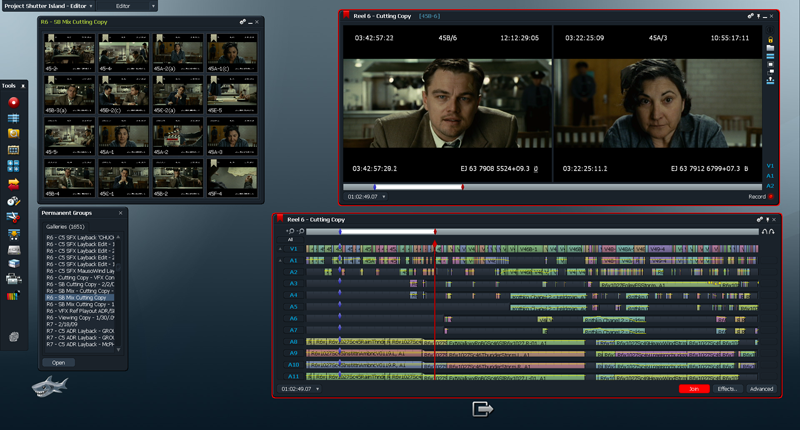Marketers have undoubtedly delighted in the role of technology in transforming businesses in Nigeria. According to a recent study by Alliance for Affordable Internet (A4Ai), Nigeria is the second leading country of the African emerging economies with the highest internet access and are accurately so in offering internet services at affordable rates.
One of the prime drivers of affordable internet access globally as identified by the A4Ai is good efficient broadband services. According to the study, Nigeria emerged second only to Rwanda with an estimated broadband penetration rate of 10%. The study shown Nigerian government had invested in plans to increase the penetration rate to about 30% by 2018.
It also showed the Nigerian government had prioritized key drivers of affordability as; regulatory independence, transparent policies, and regulatory capacity. Of concern to marketers however is the fact despite of increased internet access and broadband penetration, a big part of the Nigerian population especially the poor and those living in the vast rural areas was still left out. Is there a ray of hope therefore for the marketers? My answer would be; we are yet to get there but sure ya!
According to MTN and the Nigeria Information Technology Reporters Association (NITRA), the Nigerian broadband penetration rate is expected to take a sharp increase by the year 2017. A report by the two pointed out this would be based on implementation of the national broadband penetration plan by the government in collaboration with stakeholders. It further indicated the sharp increase would be a result of the program to rollout LTE technology coupled with an increased rollout of smartphones at affordable costs to the Nigerian populace by the stakeholders.
Despite the fact Africa has the lowest internet access and broadband penetration levels; Nigeria has an increasing dominance in both regional and the global internet race. Among the big coastal African nations, Nigeria (60 million), South Africa (47 million), Egypt (37 million), Algeria (31 million) and Morocco (24 million) had the biggest number of internet subscribers in the year 2008.
The next few years are however more critical for the corporate world. They are not less pivotal for the new African runners up. Technology has become an imperative tool for business growth in Nigeria. Production, access to, and the application of information while managing businesses and developing the human capital to support the same is of utmost concern of any marketer.
On a positive note the increasing adoption of technology by the Nigerian consumers has begun to have a toll on the radically growing Nigerian market, making it the fastest with the potential, and more room for expansion. Increased broadband connectivity is also set to boost home networking in the near future. This coupled with the aspect of Internet of Things (IoT) will lead to automated product and service market that will no doubt come along with a horde of new business prospects and challenges.
Technology driven macro and micro-enterprises, and the smart inter-connection of the same are not new concepts in Nigeria. Increased internet access, broadband home connectivity, augmented market growth, more sophisticated cloud based technologies, big data analytics, mobile apps, and network traffic all used in offering insights on real customer demands and improving the latter’s experience are however new.

It should not be lost the new face of technology driven business growth in Nigeria entails; an increased internet access, an improved broadband access, an augmented market growth with more room for expansion, and a demanding digital market that requires sophisticated strategies, data analytics, top notch technology and skilled human resource but more so the following:
- A change of marketing focus from optimum product/service provision to customer experience.
- Online commerce as an inseparably linked new part of marketing.
- Marketing as yet to shape not just the technology but for all customer-facing technology. And the other bit, technology shaping marketing. The relationship is mutual.
- Use of customer data analytics to predict performance of a product/service or the potential of a new product/service to do well in the market.
Marketing innovation therefore is set to “come out of the closet.” Indeed it has become a new face of technology driven business growth in Nigeria. This is backed by a strong investment in new technology, physical infrastructure, and human resource. In the recent past, investors have actually been setting aside slightly more than 9% of their budget for new marketing innovations.
About data use; you can actually confirm this. C’mon go ahead, do an operational research. Ask any growing Nigerian company about their success. A common answer you are likely to find in many of those is that they value data, at least slightly more than their local and global competitor Most often they have set aside some money in not just innovation, but also in acquiring data and analyzing the same for purposes of acting on it to improve not just their product/service delivery but also their client’s experience.
Laura McLellan supported the use of data analytics in businesses in her recent blog at Gartner saying collecting, managing, and making use of both internal and external data was the second leading area of expectations for CMOs by the CEOs. She further stressed on data synthesis saying marketers analyze less and synthesize more leading to more actionable conclusions. She said further dissemination of data is done to smaller units for more specific decision making. She concluded data analytics and analytics outsourcing will be more prevalent in the near future of the Nigerian data driven marketing strategies.
Tags: marketing, technology news











